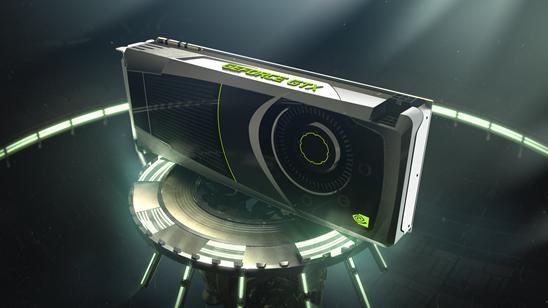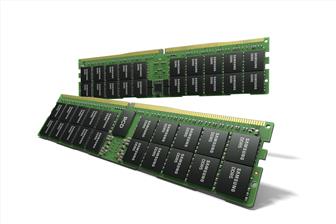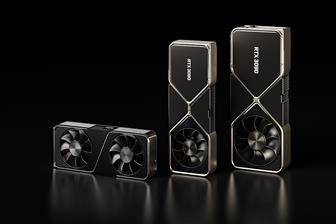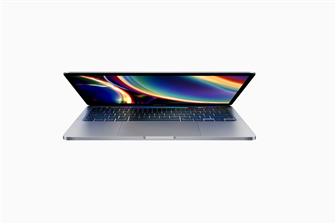
Nvidia has launched the first GPUs based on its next-generation Kepler graphics architecture.
The Nvidia GeForce GTX 680 GPU is for desktop gaming, while the new lineup of GeForce 600M GPUs is meant for ultrabooks.
Kepler is based on 28nm process technology and succeeds the 40-nm Nvidia Fermi architecture, which was first introduced into the market in March 2010.
Compared with the closest competitive product, the GeForce GTX 680 GPU is more than 300% faster in DirectX 11 tessellation performance and up to 43% faster in cutting-edge games, yet consumes 28% less power, the vendor claimed. It also provides twice the performance per watt of the GeForce GTX 580, the flagship Fermi-based processor that it replaces.

Samsung HKMG DDR5
Samsung Electronics has expanded its DDR5 DRAM memory portfolio with a 512GB DDR5 module...
Photo: Company

Nvidia GeForce RTX 30 series GPUs
Nvidia's GeForce RTX 30 series GPUs are powered by the company's Ampere architecture. The...
Photo: Company

Apple HomePod mini
Apple's HomePod mini is the newest addition to the HomePod family. At just 3.3 inches tall,...
Photo: Company

Apple 13-inch MacBook Pro with Magic Keyboard
Apple has updated the 13-inch MacBook Pro with the new Magic Keyboard for an improved typing...
Photo: Company

Apple iPad Pros
Apple's new iPad Pros comes with the latest A12Z Bionic chip, an ultra-wide camera, studio-quality...
Photo: Company
- Mature-node foundries face overcapacity from China (Jan 2) - EE Times
- Quobly forges strategic collaboration with STMicroelectronics (Dec 12) - Company release
- SemiKong, the first open-source semiconductor LLM, claims to bring new chips to market 30% faster (Dec 27) - TG Daily
- 2024: The year AI drove everyone crazy (Dec 26) - Ars Technica
- China becomes a contender in quantum computing (Dec 27) - EE Times
- NXP to acquire automotive networking pioneer Aviva Links (Dec 17) - Company release
- Luc Van den hove: Aim high, be ambitious, but stay humble (Dec 19) - EE Times
- Intel shortlists suitors for programmable chip arm Altera (Dec 20) - Bloomberg
![]() The Kumamoto model's potential: ex-MITI official urges Japan-Taiwan-US chip alliance
The Kumamoto model's potential: ex-MITI official urges Japan-Taiwan-US chip allianceJapan's semiconductor revival must not only involve Taiwan but also include strategic cooperation with...
![]() 2024 Review
2024 ReviewAs 2024 comes to a close, we look back at the major topics and events across multiple industry sectors, including EVs, AI, semiconductors, servers, and...

Global investment plans of Japanese IDMs
Geopolitical tensions prompt Japanese IDMs to gather capacities in Japan's Kyushu and Tohoku regions and prioritize their OSAT...

CSP in-house development of ASIC accelerators
Google TPUs will see a share of over 70% in the in-house developed cloud ASIC accelerator market in 2024; an all-optical network...

AI chip market outlook 2023-2028: Insights from demand and supply perspectives
The growing demand for AI computational power is accelerating advancements in hardware and chip technology, necessitating innovation...





